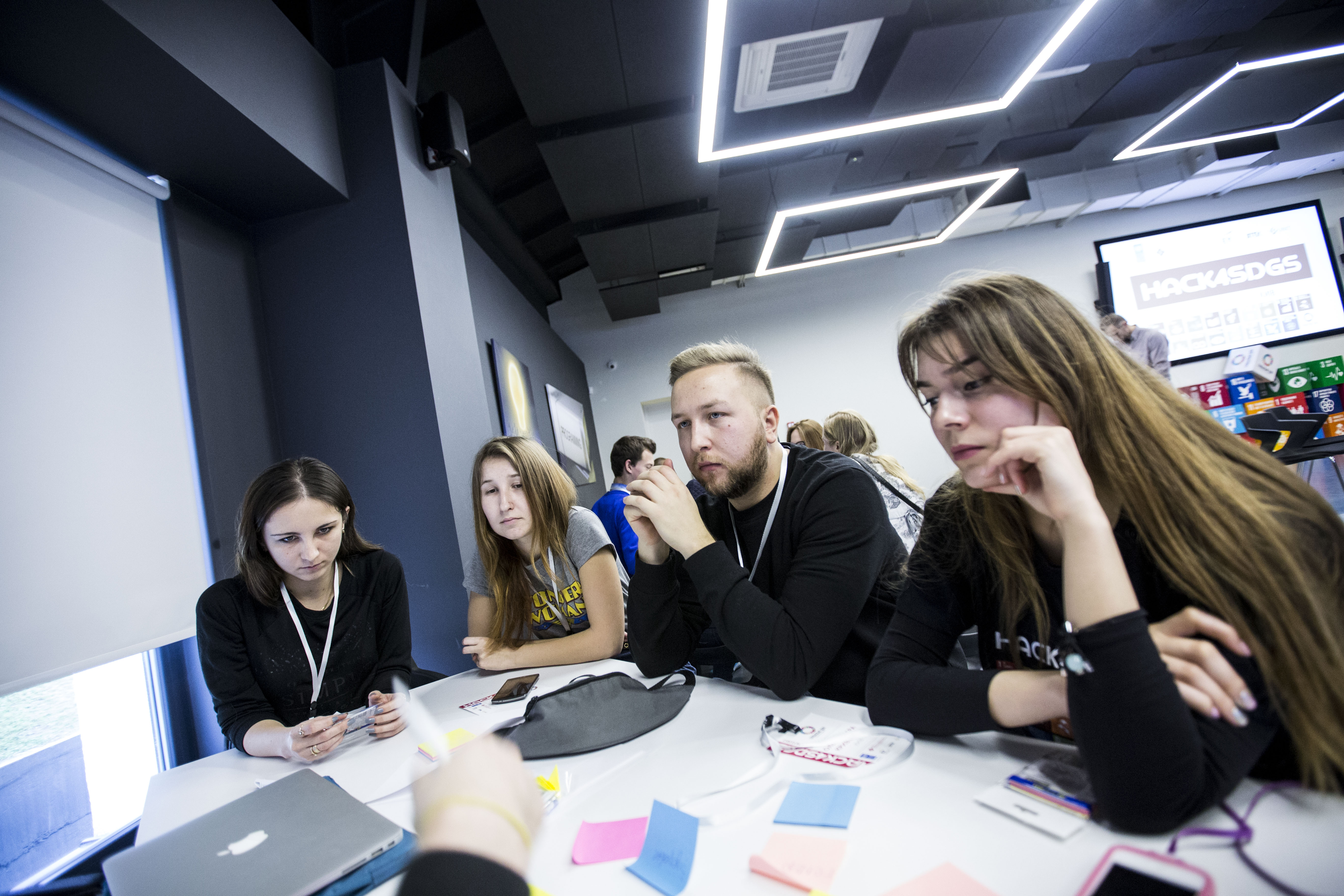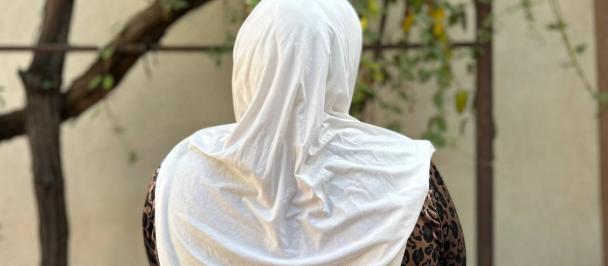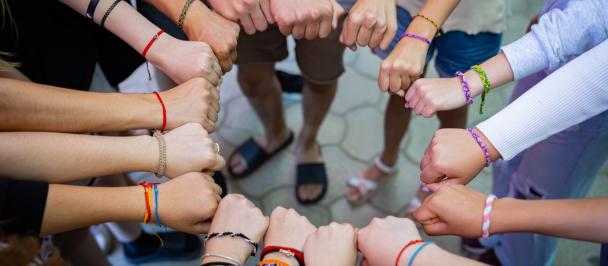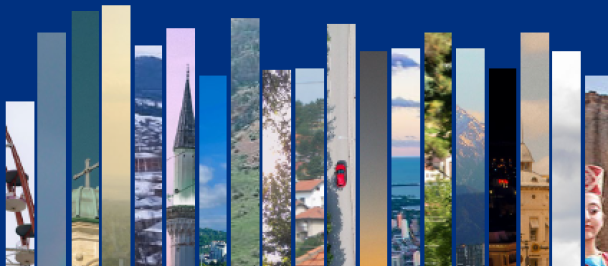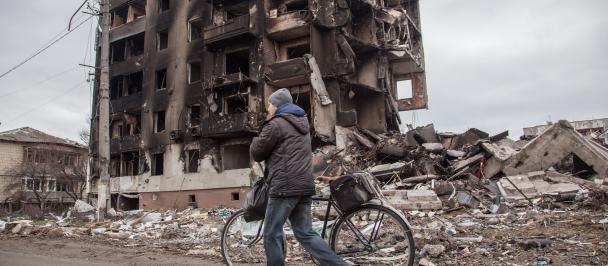With #NextGenGov, close to 350 experts gather in Istanbul to discuss governance challenges in the network age.
Amid technological upheaval, new channels for cooperation and citizenship
December 2, 2018
A group of young people brainstorming at the "HACK4SDGs" hackathon in Ukraine. Photo: UNDP Ukraine
Working with large tech companies is a prerequisite for protecting people in the digital age, participants said at the Istanbul Innovation Days which gathered 345 representatives from think-tanks, governments, international organizations and innovation hubs.
The yearly UNDP event, co-organized this time with Dark Matter Labs, looked into how to defend human rights and encourage collective action in a sharply polarized, complex and unequal world.
With the advent of the 4th industrial revolution, new technologies and artificial intelligence are transforming the way we live, work, and interact with each other as governments face pressure to solve complex issues associated with rapid urbanization, climate change and migration.
In the absence of a framework for dealing with rapid technological change, policy-makers and development practitioners have been grappling with how to build institutions and mechanisms with public legitimacy, capable of promoting fair and equal societies.
The key problem is to “assess the risks new technologies bear at a time when inequalities are rising, risks of conflict are increasing, and civic space is under threat”, said Mirjana Spoljaric Egger, the Director of UNDP’s Regional Bureau for Europe and the CIS as she opened the conference.
These trends are unfolding amid unprecedented changes in the global economy, several speakers pointed out.
“Some companies know more about us than any other global actors. We have to recognize the big players out there and work with them, using a more systematic approach, to protect digital rights and democratic institutions,” said Nikolaj Juncher Wædegaard, the Deputy Tech Ambassador of Denmark.
The event gathered a broad diversity of speakers and institutions, including Project Rohingya, an NGO that uses blockchain to help Rohingya refugees create online identities; Forensic Architecture, a research organization which documents evidence of war crimes by creating 3D models of damaged buildings; and a number of bloggers and journalists who spoke about citizen engagement, misinformation and the future of the internet.
Discussions included how to regulate the collection and use of personal data by both governments and the private sector; how to make online services more responsive in megacities; and how artificial intelligence can help prevent violence by analyzing radio and online conversations. The conversations are expected to feed into UNDP’s global governance portfolio.
***
For more information, please visit https://innovationdays.istanbul

 Locations
Locations